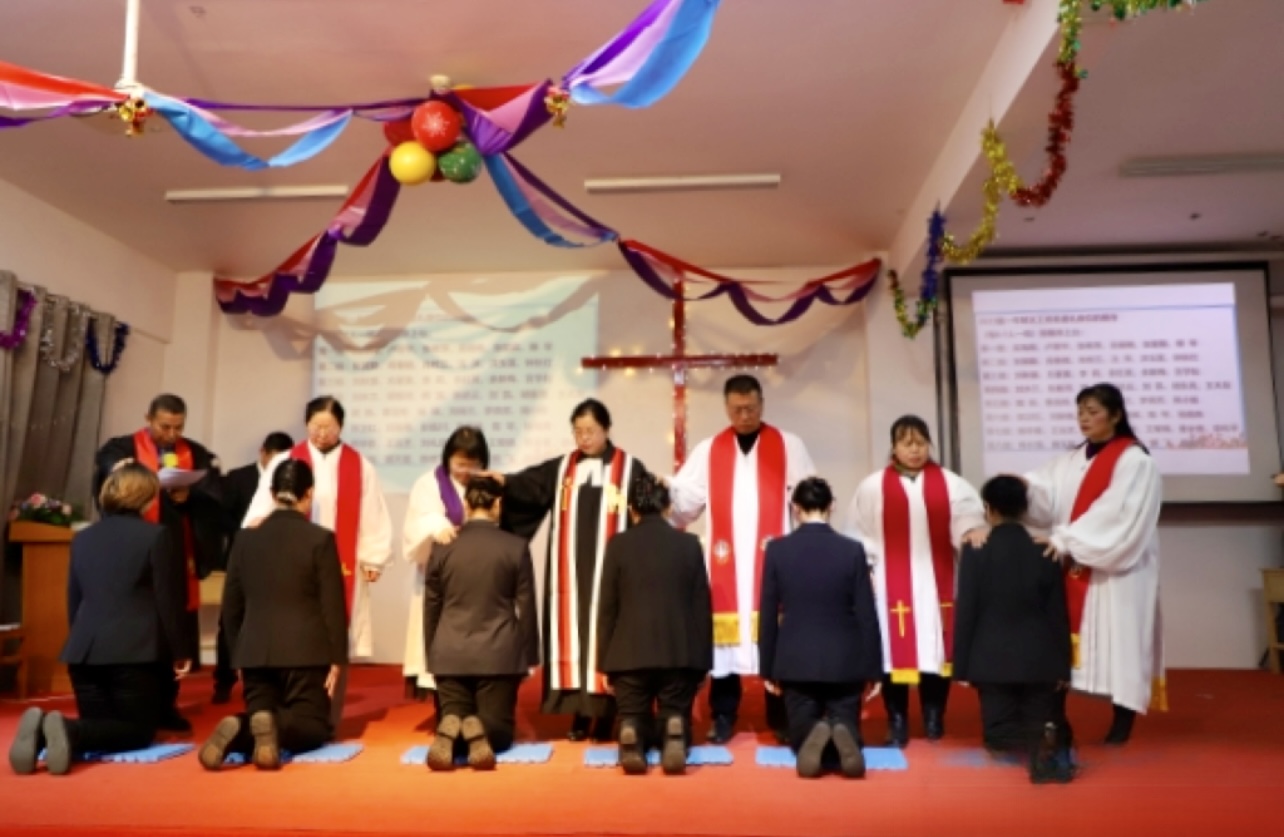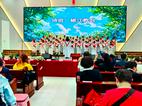Should the church hire Christians with jobs as the staff? Can pastors with secular jobs lead the church? In recent years, due to the aging of the social population, the high concentration rate of young people in developed cities, and the high loss rate of young people in churches, the shortage of workers in Chinese churches has been very serious. In the face of such a situation, how the church can hire pastors and the laity for ministry under biblical principles has become an important topic that all church leaders have to think about.
Pastor Chen, a bivocational pastor from Southern China, shared his personal experience on this topic.
"From wishful thinking to empathy"
Pastor Chen, who worked as a full-time pastor in a city in the South of China for more than 10 years, had a brief career before becoming a full-time pastor. After being a full-time pastor, although there are only about 100 believers in his church, these believers include young and middle-aged elites from the Internet and financial industries, which is a group of people under great pressure in the workplace. The change in his view of ministry began when he quit the ministry in the church. He is convinced that God's guidance for him is to return to the workplace and influence more nonbelievers.
Pastor Chen has had successes and failures in the workplace, but these experiences make him convinced that if he becomes a pastor again in the future, he will not be as "false believer" as before or always wonder why professionals tend to be weak and commit sins. "I used to speak the Word of God more wishfully. But I cannot understand the real pressure and tension between brothers and sisters in the workplace. Now that I have personally experienced these pressures in the workplace, I believe I'm better able to empathize with people in the workplace and know how to preach the Gospel to them."
Is it necessary to redefine "mission field"?
The focus of Pastor Chen's previous life, in his words, was his family and church affairs. Bible study, prayer, Sunday worship, group affairs, and discipleship meetings were all his work. In his view, in the present environment, it is necessary for pastors to re-understand the methods and strategies of serving the church. Pastors should be smart and wise like a snake and take care of the family and the church while spreading the gospel. That is the long-term layout of the development of the church in difficult situations.
"If you look at the Four Gospels, you will find that Jesus was not just serving in the church but that He went to the homes and work sites of many people to communicate with them. I think that to expand the perception of ministry, you need to redefine the concept of ministry so that pastors can go into business and then bring them to God and then let God personally change them," the pastor explained.
Live the example of "following the Lord."
In the past, the mindset of either serving in the church or finding other jobs was common among Chinese pastors, "If you love the Lord, you must quit your previous work and serve in the church wholeheartedly; otherwise, it means you just love the secular life and do not love the Lord." This claim makes sense in some way, but in the actual situation and the coordination and operation of people and things, there can be more flexible paths without ignoring the gospel. "The motivation for ministers who have other jobs is not to indulge in a life of pleasure and comfort. It's to be seen as a Christian while making money without violating the truth of the Bible and using biblical principles to bring a breath of clean air to business," Pastor Chen said.
"If there is a minister with a job who can live the example of following the Lord, I believe that more and more Christians can be involved in the ministry of the church," he added.
"Draw the boundary line, arrange the order, and be obtained by God first."
Full-time pastors have more free time, while ministers who must work during the day on weekdays only have free time after work and on weekends. Especially in the big cities, everyone is facing great pressure to survive, and many people are overwhelmed by the various costs of housing, car loans, fees for children's education, and so on. Moreover, many companies often ask their employees to work overtime without any compensation.
"The devil deals with Christians through three temptations (the desire of the flesh, the desire of the eyes, and the pride in riches), which are also great trials on the way to ministry," he said.
In short, pastors and Christians who lead ministry should make a point of setting boundaries for themselves and prioritizing their lives to lead a balanced life. Those who serve God must not forget the truth that "God first wants to take hold of us before he asks us to serve."
"Therefore, Christians with jobs who are under the dual pressures of work and ministry must be aware that, above all, they must have quality time alone with God every day. Without enough spiritual communication with the Lord each day, all the enthusiasm to serve the church may turn into regret and emptiness," Pastor Chen emphasized.
- Translated by Nicolas Cao












